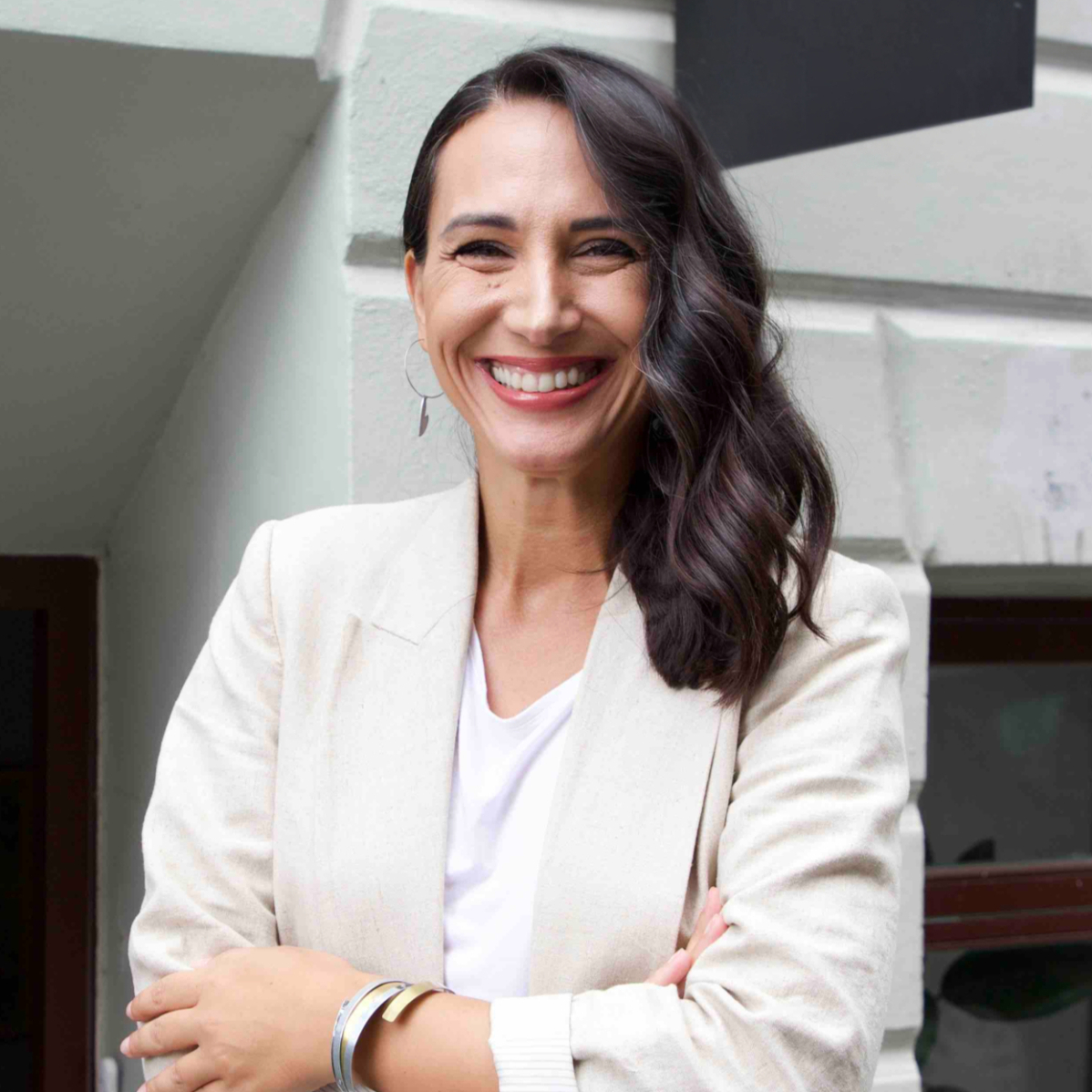When Stories Become Bridges
- Mirjana

- Nov 3, 2025
- 3 min read
How literature and therapy meet in the shared space of healing, belonging, and becoming seen
Some encounters feel simple on the surface, and yet, they open something quiet and deep within us.
That’s what happened when I met Vezuv Bašić, a Bosnian author whose stories carry the voices of those who had to leave their homes, rebuild their lives, and carry their memories across borders.
He tells stories.
I listen to them.
Different forms — same essence.
A Book That Found Me
The book he gifted me, Our Stories from Someone Else’s Home, has stayed close ever since.
Every time I see it, I’m reminded that a foreign home can be a metaphor — not only a physical space, but an inner landscape. A place within us that we try to rebuild after loss, change, or migration.
Bašić writes about people who had to go, about memories that travel with them, and about how belonging to more than one place can be both painful and healing.
And in that sense, his stories echo what I often witness in therapy sessions at Growth Oasis:
the courage it takes to start over,
the grief of losing one’s sense of home,
and the quiet resilience that grows through sharing one’s story.

The Healing Power of Storytelling
As a therapist working with expats, migrants, and people in transition, I see how storytelling becomes a path to healing.
When we find words for what was once silent, we begin to reclaim the parts of ourselves that felt scattered or lost.
Healing doesn’t come only through understanding. It also comes through telling.
Because once a story is told, it stops being a wound — and starts becoming a bridge. A bridge between who we were and who we are becoming.
Shared Humanity
If you haven’t heard of him, Vezuv Bašić is the author of fourteen books, known for his honest and compassionate writing about displacement, memory, and human resilience.
His latest work, Our Stories from Someone Else’s Home, gathers voices that remind us how deeply connected we all are — through loss, through hope, through the search for belonging.
For me, this book is not only about war. It’s about trauma, identity, and the quiet process of renewal. It’s about learning to feel at home within ourselves.
The Stories That Shape Us
The narratives we create about our identities — especially those formed in new countries — are both universal and unique. Each story carries echoes of others, and yet, it remains entirely personal.
Telling our stories makes them visible.And visibility matters — because being forgotten, or unseen, is a particular kind of suffering.
Some stories are witnessed quietly in therapy rooms,where they find voice, tenderness, and validation.Others, like those in Bašić’s book, reach the world — allowing us to witness collective pain, loss, trauma, and the fragile process of belonging and identity.
Both kinds of storytelling remind us that survival is not only about enduring what happened —it’s also about being seen, remembered, and understood.
✨ Some books — and some stories — find us exactly when we need them. ✨
A Note of Gratitude
I’m deeply grateful to Vezuv Bašić for this warm encounter — and for a book that carries the voices of those whose stories are often unheard, yet form the essence of our shared humanity. 🤍
If you’re navigating change, loss, or the feeling of being between homes, therapy can be a space to explore your story safely — and to find new meaning in it. You don’t have to do it alone. 🌿



Comments